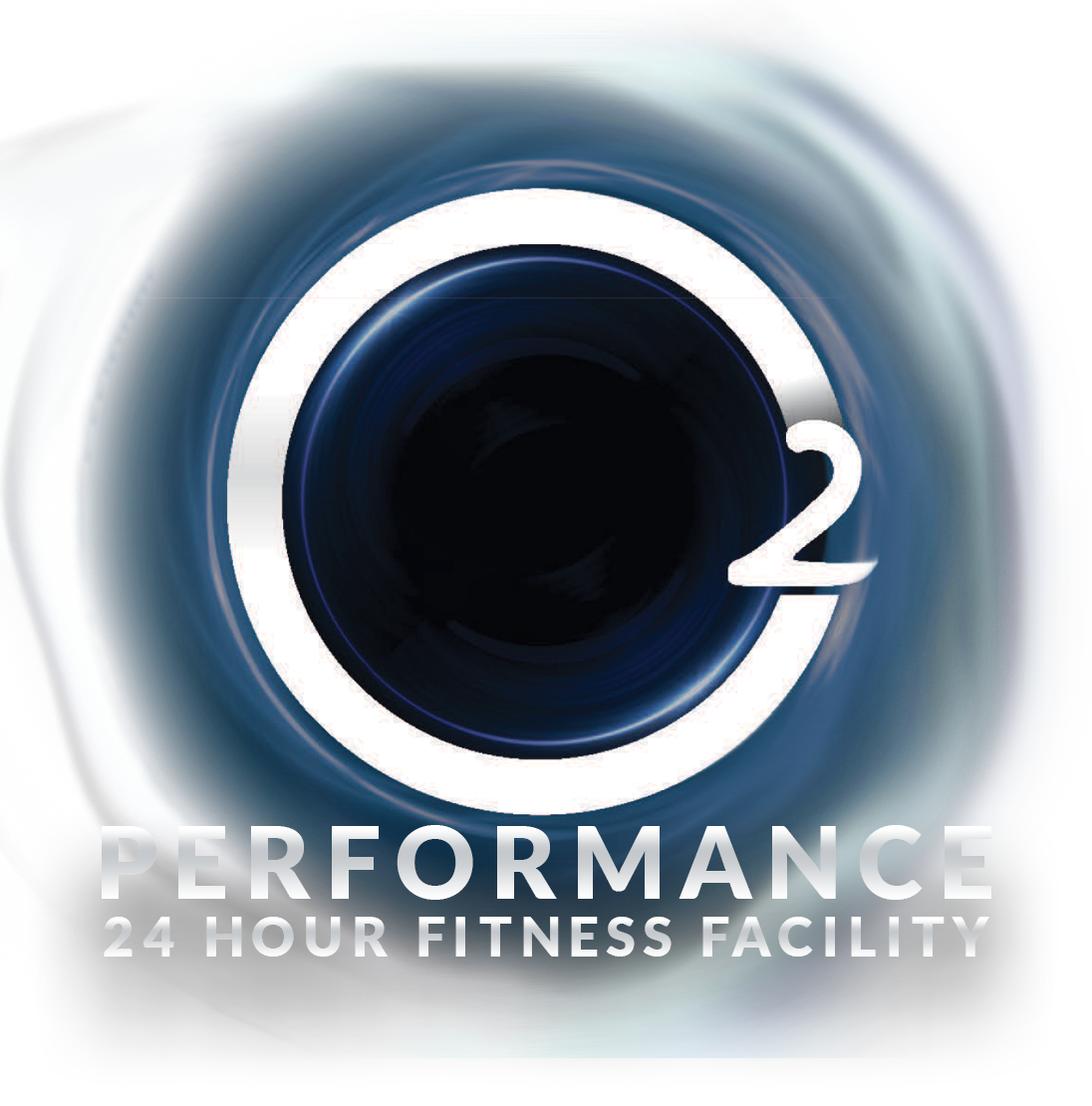Maximising Your Fitness Gains: The Science Behind Optimal Meal Timing Around Workouts and Sleep
Fueling Your Body for Success
Welcome, fitness enthusiasts! If you're on a quest for peak performance and optimal gains, you know that exercise and nutrition go hand in hand. In this blog post, we'll delve into the crucial aspect of meal timing – not just around your workouts but also with sleep. Timing your meals strategically can significantly impact your energy levels, workout performance, and recovery. Let's unlock the secrets to fueling your body for success.
The Pre-Workout Power Boost
Before you hit the gym, it's essential to consider your pre-workout nutrition. The goal here is to provide your body with the right fuel to enhance endurance, focus, and overall performance. Aim for a balanced meal that includes complex carbohydrates, lean proteins, and healthy fats about 2-3 hours before exercising. This could be grilled chicken with quinoa and a side of vegetables or a whole-grain wrap with turkey and avocado.
For those who prefer early morning workouts, a smaller snack 30-60 minutes before exercising can make a significant difference. Opt for easily digestible carbs and a bit of protein, such as a banana with a tablespoon of almond butter or Greek yogurt with berries. Experiment with what works best for you, as everyone's digestive system reacts differently to various foods.
Intra-Workout Nutrition – Fact or Fiction?
The idea of sipping on a specially formulated drink during your workout has gained popularity, but is it necessary? Intra-workout nutrition can be beneficial for those engaging in prolonged, high-intensity sessions. The key is to maintain energy levels and provide your muscles with the necessary nutrients.
Consider a sports drink containing electrolytes and a moderate amount of carbohydrates for workouts exceeding 60-90 minutes. However, for shorter sessions, good old-fashioned water might be all you need. Staying adequately hydrated is crucial, so listen to your body and adjust your intra-workout nutrition based on the intensity and duration of your training.
Post-Workout Nutrition – The Golden Hour
You've pushed yourself through a challenging workout – now what? The post-workout period, often referred to as the "golden hour," is when your body is primed to absorb nutrients and kickstart the recovery process. Focus on replenishing glycogen stores and initiating muscle protein synthesis with a combination of carbohydrates and high-quality protein.
A protein shake with whey protein, a banana, and a handful of almonds can be a convenient and effective post-workout option. Whole-food alternatives include a chicken and sweet potato bowl or salmon with quinoa and steamed vegetables. Tailor your post-workout nutrition to your dietary preferences and the demands of your training regimen.
The Role of Meal Timing in Sleep Quality
Beyond the gym, sleep is a cornerstone of overall health and fitness. Surprisingly, your meal timing can influence the quality of your sleep. Consuming a large, heavy meal close to bedtime can disrupt sleep due to digestion demands. Ideally, aim to finish your last substantial meal 2-3 hours before bedtime.
Consider a light, nutrient-dense snack if hunger strikes later in the evening. Greek yogurt with a sprinkle of nuts or a small piece of grilled chicken with vegetables are excellent choices. Additionally, focus on foods rich in tryptophan, such as turkey and dairy, which can promote the production of sleep-inducing serotonin.
Finding Your Personal Rhythm
While these general guidelines provide a solid foundation, it's crucial to remember that everyone is unique. Your body may respond differently to various meal timing strategies, and preferences play a significant role. Pay attention to how your body feels and performs with different approaches. Experiment with meal timing, keeping a food and performance journal to track what works best for you.
A Holistic Approach to Nutrition and Fitness
In the pursuit of fitness excellence, meal timing is a powerful tool that extends beyond pre and post-workout windows. By strategically fueling your body throughout the day and being mindful of your sleep-related nutrition, you can optimize your energy levels, performance, and recovery. Remember, there's no one-size-fits-all approach – listen to your body, stay consistent, and celebrate the progress on your fitness journey.

